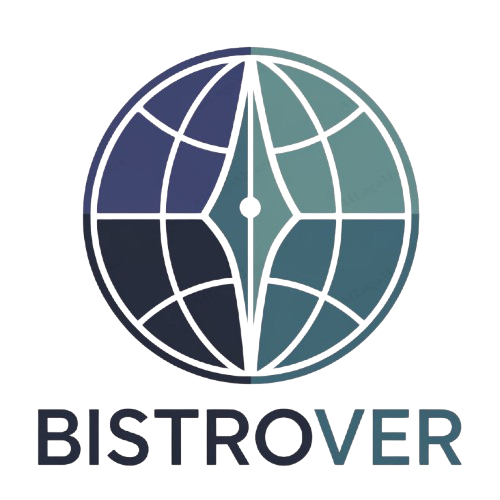Employment Policies Every Business Should Have
Every workplace needs clear employment rules. These rules help protect both employers and employees. They set boundaries, offer guidance, and ensure fairness. Start with anti-discrimination policies. These protect employees from unfair treatment based on race, gender, or religion. Also, clear harassment policies can create a respectful environment. Sattiraju & Tharney, LLP advises that every business should have guidelines for paid time off. This includes vacation, sick, and personal days. The next crucial policy involves employee conduct. Outlining acceptable behavior avoids misunderstandings and promotes harmony. Another key policy involves confidentiality. Protect sensitive business information and maintain trust. Lastly, include a clear procedure for handling grievances. This ensures everyone feels heard and valued. By putting these policies in place, you build a foundation of trust and respect. They help your business thrive and stand as testament to your dedication to fairness and equality. Employees will feel secure and valued with these protections.
Anti-Discrimination and Harassment Policies
Anti-discrimination and harassment policies form the backbone of a fair workplace. Discrimination against gender, race, religion, or any other characteristic creates a hostile environment. To combat this, craft strong policies that clearly define unacceptable behavior. Educate your team on these policies. Everyone should understand what constitutes discrimination and harassment. Training sessions can reinforce these concepts. Providing resources, like the Equal Employment Opportunity Commission, ensures your team knows where to turn if issues arise.
Paid Time Off
Paid time off policies are essential for employee well-being. They prevent burnout and promote work-life balance. This includes vacation, sick leave, and personal days. Consider offering a flexible PTO policy to accommodate diverse employee needs. Here’s a simple comparison of PTO structures:
| PTO Type | Traditional | Flexible |
| Vacation | Designated days per year | Unlimited within reason |
| Sick Leave | Fixed days for illness | Needs-based |
| Personal Days | Limited number | At employee’s discretion |
Choose the approach that best matches your organizational culture. Each has its advantages, but the goal remains the same. Ensure your team feels supported and rested.
Employee Conduct
A policy on employee conduct is crucial. This policy outlines expected behavior and includes consequences for violations. Clarity is key. Employees should know what conduct aligns with your values. This policy promotes a harmonious and productive work culture. Regularly review and update the policy to reflect changes in societal standards and company growth.
Confidentiality
Confidentiality policies safeguard sensitive information. They build trust with employees and clients. Define what information is confidential and how it should be handled. Include guidelines on sharing information both internally and externally. Regular training on confidentiality keeps everyone aware of their responsibilities. When employees understand the importance of confidentiality, they contribute to a trustworthy work environment.
Handling Grievances
A clear procedure for handling grievances ensures fair treatment. Encourage open communication and provide a safe space for employees to voice concerns. This process should be transparent and impartial. Employees should know who to approach and what steps will follow. Offering multiple channels for grievances, like anonymous reporting, can enhance trust. When employees feel heard, their morale improves. This leads to greater productivity and loyalty.
The Bottom Line
Implementing these policies requires dedication and care. They are not just bureaucratic paperwork. They form the foundation of a respectful and efficient workplace. Invest the time to develop policies tailored to your company’s needs. Seek guidance from professionals and use governmental resources. For example, the U.S. Department of Labor offers insights into employment laws. These policies help you create an environment where employees thrive. This, in turn, contributes to your overall success and stability.
READ MORE : How Do I Report A Website For False Advertising







